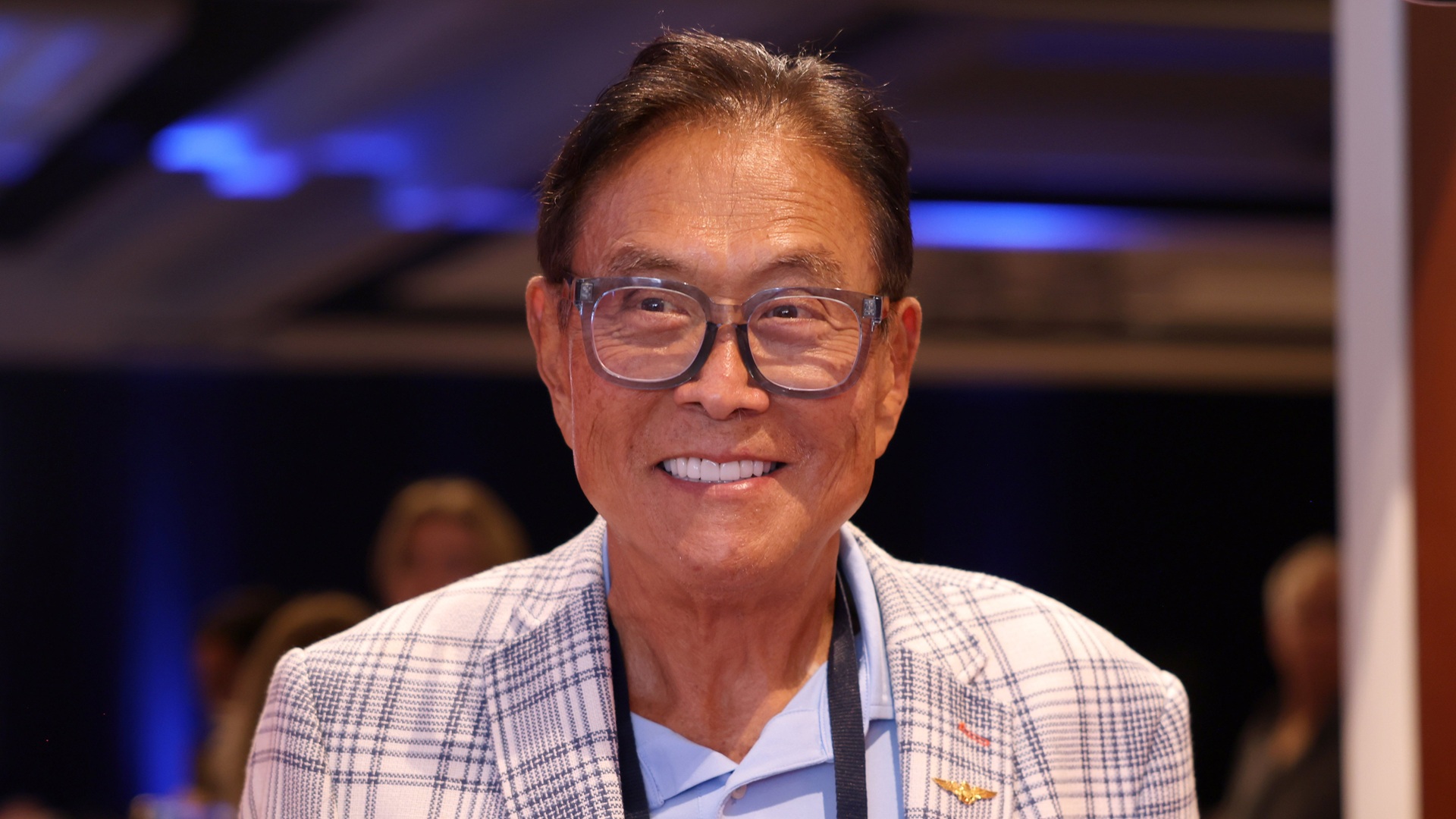
In 1997, a mostly unknown finance expert self-published a book that would become a household name and sell over 44 million copies. That book is “Rich Dad, Poor Dad” by Robert Kiyosaki.
Check Out: 10 Genius Things Warren Buffett Says To Do With Your Money
Read Next: How Much Money Is Needed To Be Considered Middle Class in Your State?
Since its release and success, Kiyosaki has been giving out financial advice through his podcast, YouTube channel, social media posts, interviews and other books. However, not all of his advice is widely accepted and right for everyone. Here are two pieces of advice from Kiyosaki that you should think twice about.
Don’t Save
For most, saving money is a no-brainer when it comes to improving your finances. However, Kiyosaki has some controversial advice that he’s been saying for years: “Saving money doesn’t make you rich.”
Kiyosaki said saving is a way to play it safe and will actually hold you back. When you save money, you lose value to inflation and miss growth opportunities while your money remains stagnant. Instead, he suggested putting your money toward real estate, investments or businesses that would either produce passive income or grow in value over time. He also suggested putting money toward financial education rather than saving.
For some, this may be good advice, but there are reasons to save. One main reason is to have an emergency fund. Emergency funds can keep you from going into debt when unexpected events and costs arise. If you suddenly need to pay for car maintenance, a medical emergency or cover your living costs when you are unemployed, an emergency fund will cover the expenses, and you won’t need to take out a loan or use a credit card. Most personal finance experts recommend saving three to six months’ worth of expenses as a safety net.
Learn More: 4 Secrets of the Truly Wealthy, According To Dave Ramsey
Don’t Use 401(k) Plans
Kiyosaki often urges his supporters to invest their money to build wealth, but one investment he doesn’t recommend is a 401(k). Many financial experts will advise you to contribute the maximum monthly amount possible to your 401(k) and say it’s the easiest way to grow your money. However, Kiyosaki thinks you should put your money elsewhere for several reasons.
Having a 401(k) means you’ll have to pay administrative fees, and in Kiyosaki’s eyes, that makes it expensive. You could easily find other investments that you’ll pay less for and therefore make more money overall. Likewise, employers often determine what your 401(k) plan will consist of, leaving you powerless over your own investments. Again, putting your money elsewhere will give you more control.
Finally, according to Kiyosaki, there are tax disadvantages for investing in a 401(k). When you make a withdrawal from your 401(k) in retirement, you pay taxes at your ordinary rate. Paying the capital gains tax on any profits you’ve made would mean paying a lot less in taxes.
As Kiyosaki said, it’s true that capital gains tax is more favorable than paying your income tax rate. However, by the point of withdrawal, you’ve already received several tax breaks. You get to make contributions to your 401(k) with pretax dollars, meaning you get to put more money into your account that can grow. If you paid taxes first and then put the remaining amount into a 401(k), you’d have a significantly smaller amount to invest. Your money also grows in your account over time without needing to pay capital gains tax. Because of this, you’ll end up making more over the long term.
On top of the tax breaks, many employers offer 401(k) matching. When you contribute a certain amount each month, the employer will match that amount and double your contribution. This is the safest way to double an investment, and the only drawback is that you must wait until retirement to withdraw the funds.
More From GOBankingRates
- I'm a Realtor: This Is Why No One Wants To See Your Home
- 3 Things Retirees Should Stop Buying To Save Money Amid Tariffs
- 10 Unreliable SUVs To Stay Away From Buying
- 25 Places To Buy a Home If You Want It To Gain Value
This article originally appeared on GOBankingRates.com: Robert Kiyosaki’s Top Advice That You Should Probably Avoid







